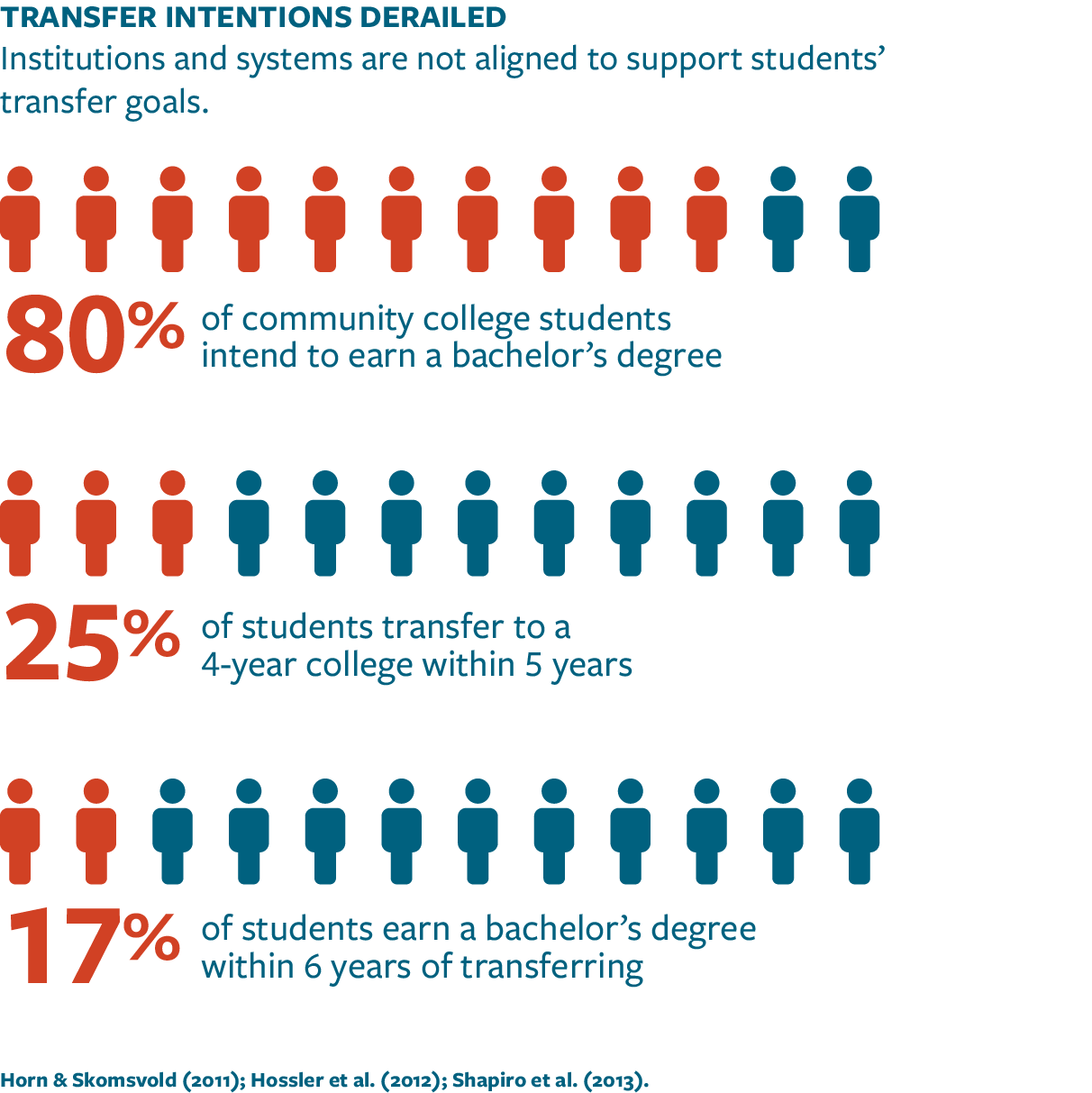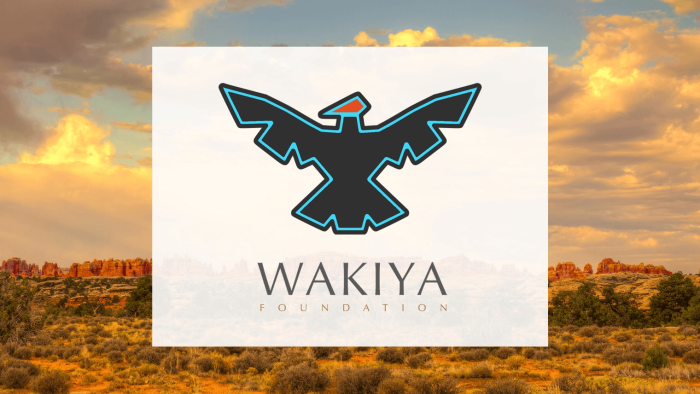
How We See the Problem
Leveraging workforce training, transferring between postsecondary providers and entering or re-entering the workforce are pivotal moments in a learner’s career or academic journey. Institutions and systems can implement policies and practices that inadvertently make these transitions difficult. For example, when curricula don’t align, or information systems are incapable of sharing data effectively, students risk losing credits, momentum and money. The jump from postsecondary education into the workforce also presents challenges, especially when institutions offer programming that does not align with the skills employers need.

Our Three Investment Priorities
Grants to Streamline Key Learner Transitions
Innovation and Expansion of Accelerated Training and Shared Outcomes Model
Exploration
This grant supports Year Up in launching a new Google Career Certificates training program in two locations—Austin, Texas, and Seattle, Washington—as a complement to its traditional one-year, tuition-free training model. Year Up will pilot the Google Career Certificates training, combined with a shared outcomes financing plan, and assess the potential of the model for scaling to reach more learners.
Advancing Community College Students’ Post-Graduation Success
Exploration
This grant supports The Aspen Institute College Excellence Program in supporting a cohort of 10 community colleges to implement policy and practice reforms that will increase the postgraduation success of their students, namely students of color and learners from low-income backgrounds.
Learner and Employment Record Demonstration Project
Exploration
This grant supports Rockefeller Philanthropy Advisors in launching a pooled funding initiative that will seed up to eight pilot projects to demonstrate the use of digital Learning and Employment Records (LERs). Funded projects will explore how LERs can support upward mobility by giving learners tools to collect, validate, and communicate their learning and work experiences.
Transformation of the Postsecondary Landscape
Scaling
This grant supports Education Design Lab in strengthening the ability of colleges and states to better meet the needs of learners from low-income backgrounds — especially adult, parent, and working learners — through high-quality, workforce aligned training pathways. Grant-funded projects will specifically focus on strengthening capacity in rural community colleges to design and implement new pathways.
Aligning Employment and Education Systems for the Success of Low-Income Working Adult Learners: The Achieve Your Degree Program
Validation
This grant supports The RAND Corporation in studying the design and outcomes of Ivy Tech Community College's statewide Achieve Your Degree program, which helps working learners earn skills needed to advance in their jobs through employer tuition assistance and dedicated academic and non-academic supports.
Non-Credit Mobility Academy
Exploration
This grant supports the State Higher Education Executive Officers Association in supporting four to six states to strengthen policy and data infrastructure around non-credit postsecondary education. Participating states will work to ensure that learners have access to high-quality non-credit postsecondary training, and that clear pathways exist from that training into credit-bearing credentials in fields where those are required qualifications for high-demand jobs.
Scaling IT Support and Data Analytics Certificate Programming for Learners from Low-Income Backgrounds
Scaling
This grant supports Merit America in its goal to help 20,000 learners move from low-wage jobs to in-demand technology careers over the next three years. This investment will enable Merit America to scale their operations and leverage up to $45 million in funding from the $100 million Google Career Certificates Fund.
Enhancing and Expanding the Transfer Explorer Tool
Scaling
This grant supports Ithaka Harbors in enhancing and expanding the Transfer Explorer tool so that more transfer students have prior credits applied to a four-year degree, leading to reduced cost, reduced time-to-degree and a greater chance of completion.
Connected Pathways for Tribal Colleges and Universities
Exploration
This grant supports the Wakiya Foundation in piloting the development of new, career-aligned bachelor’s degree programs at three tribal colleges in Montana. In partnership with the tribal college leaders and Western Governors University (WGU), Wakiya Foundation will lead a process of using labor market data to identify in-demand jobs for which no postsecondary education programs currently exist for tribal learners, and to fill those gaps through offerings delivered jointly by the tribal colleges and WGU.
Examining Faculty Decision-Making in Course Equivalency and Transfer
Validation
This grant supports MDRC in assessing faculty behavior and motivations related to course equivalency decisions, a key bottleneck in the transfer process. In partnership with the National Association of System Heads and UC Berkeley, MDRC will conduct research and analysis of faculty's role in transfer articulation processes and explore system-level policy and practice considerations which may support more effective faculty engagement.


